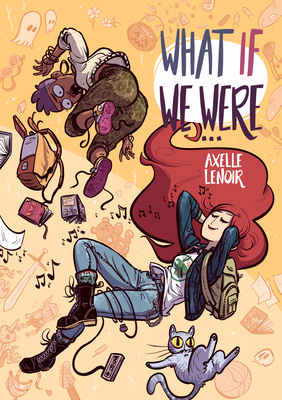Alright, I didn’t really read these while at my job. Contrary to what many seem to believe, library workers don’t actually get to read on the clock (much to our chagrin). But I do see a lot while I am shelving, sorting, shipping, and receiving books, and graphic novels are especially eye-catching. Sometimes I’ll seeRead More
Maggie reviews She Who Became the Sun by Shelley Parker-Chan
Amazon Affiliate Link | Bookshop.org Affiliate Link In She Who Became the Sun, Zhu, a peasant girl in ancient China, watches as a fortune teller predicts greatness for her brother and nothingness for herself. Days later, she is the only one alive in her family, and she makes the decision to assume her brother’s identity, andRead More
